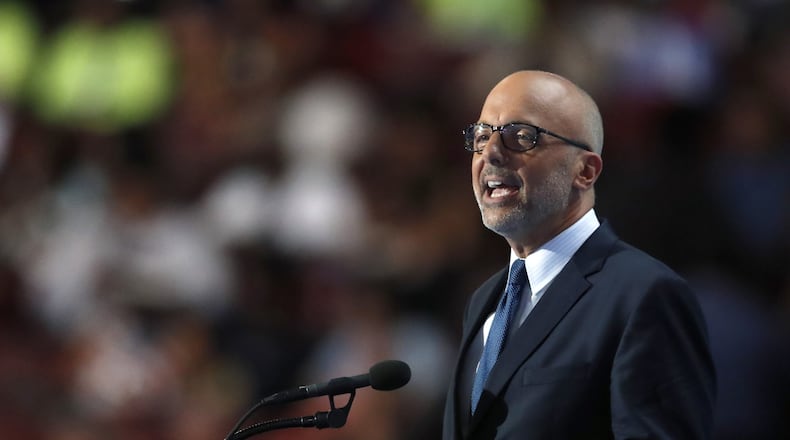Rep. Ted Deutch, D-Fla., claimed mass shootings increased substantially after an assault weapons ban expired in 2004.
At least one researcher found a significant increase in mass shootings since the assault weapons ban expired. But overall, experts caution against pegging an increase solely to the ban’s expiration and told us Deutch’s claim is based on a flawed analysis.
A federal law from 1994 to 2004 banned the manufacture of 19 assault weapons and certain ammunition magazines of more than 10 rounds. Congress did not renew the ban once it expired in September 2004.
Advocates on both sides of the gun debate often point to the same report assessing the ban, published in 2004 for the U.S. Justice Department. The report said it was premature to make a definitive conclusion about the ban's impact.
But several experts, including the author of a report Deutch referenced, pointed out flaws in Deutch’s relay of that information. That researcher, Grant Duwe, director of research and evaluation at the Minnesota Department of Corrections, said, “This claim is, at best, very misleading for a few reasons.”
For starters, to arrive at a 200 percent increase, the claim has to go back to 1900, not the decade after the ban’s expiration that Deutch cited.
“The assault weapons ban was only in effect from 1994 to 2004, and that is the relevant period to compare with the period after 2004 if one is making a claim about the impact of the assault weapons ban,” said Gary Kleck, David J. Bordua emeritus professor of criminology and criminal justice at Florida State University.
It’s also important to factor in population size changes, experts said.
“If you have more shootings after the ban but also have a larger population, then when the numerator and denominator are increasing, the outcome number stays the same,” said Jaclyn Schildkraut, an expert on mass shootings research and an assistant professor of public justice at the State University of New York at Oswego.
Mass public shootings have become deadlier over the past decade, as the number of victims shot and killed has increased since the expiration of the assault weapons ban, Duwe said.
A critical question in the assessment of the assault weapons ban would be how often assault weapons, however defined, were used in mass shootings, said Gregory Koger, a professor of political science at the University of Miami.
“I do not expect the effect of a ban to be instantaneous, nor to end when the ban ends,” Koger said. “If there are a certain number of assault weapons in circulation when the ban goes into effect and these weapons are removed from circulation over time (say, if they are destroyed, become ineffective, or are seized by the police), then the effect of a sales ban increases over time.”
Our ruling
Researchers of mass shootings told us the analysis Deutch relied on is flawed because it did not adjust for population changes and used irrelevant data points for comparison.
Trends in the incidence and severity of mass public shootings on a per capita basis also show that the rate per 100 million is similar now to that of the 1980s and early 1990s, an expert told us.
A separate analysis found an 183 percent increase in mass shootings where six or more people were killed in the decade after the ban, compared with the 10-year ban period. But experts caution against inferring that an increase is due only to the ban’s expiration.
Deutch's claim contains an element of truth but ignores critical facts that would give a different impression. We rate it Mostly False.
“Mass shootings went up 200 percent in the decade after the assault weapons ban expired.”
— Rep. Ted Deutch, D-Fla., on Wednesday, Feb. 21st, 2018 in a CNN town hall
About the Author
The Latest
Featured

